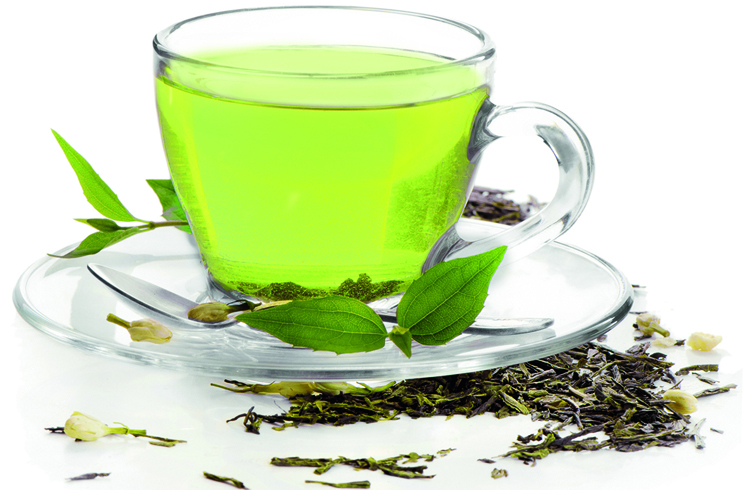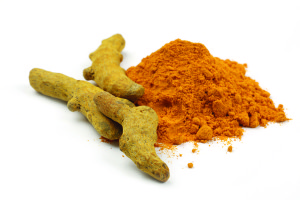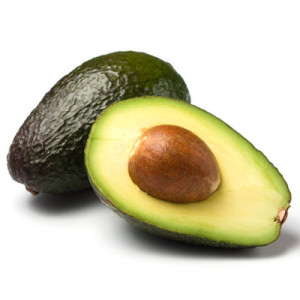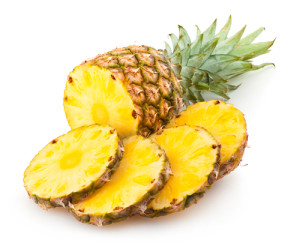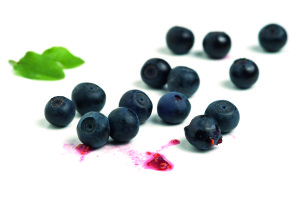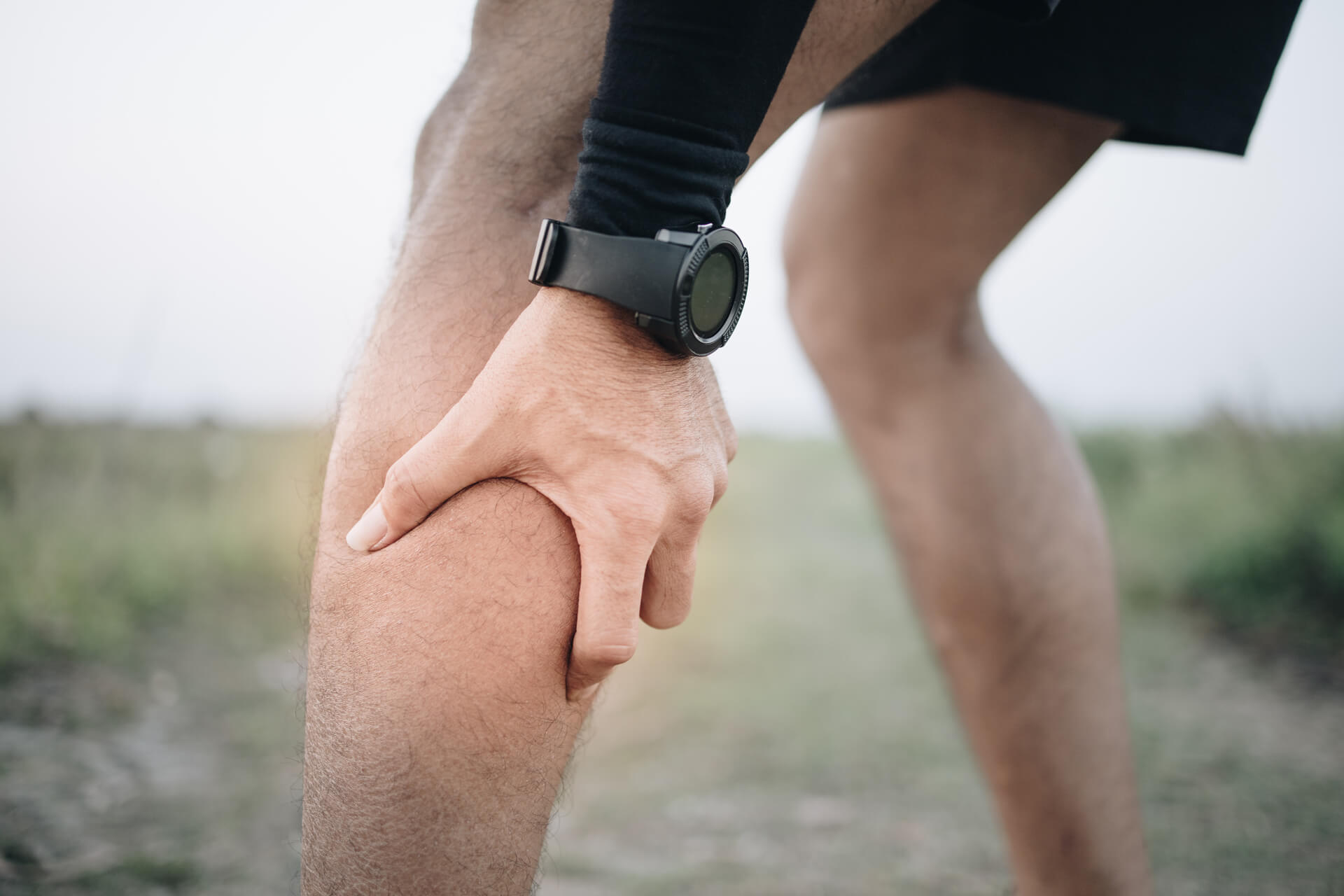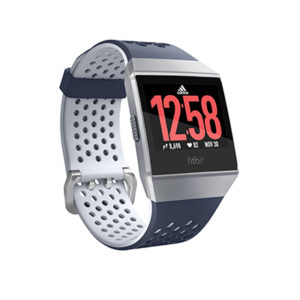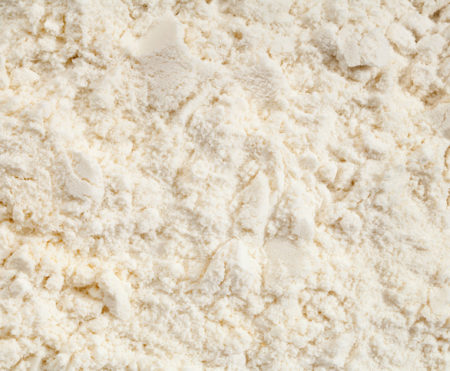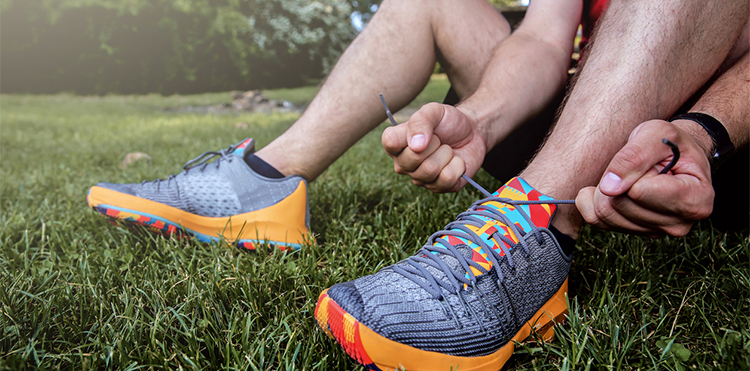If you’ve been fighting your way through an injury, or experience ongoing muscle strain and pain after training, then it’s time to take action. Making simple changes to your diet provides the healthiest alternative to pill popping. In fact, research suggests that inflammation, which accompanies an injury, is an important part of the healing process. While non-steroidal anti-inflammatory drugs (NSAID) like ibuprofen may have their place, research suggests that they can in fact delay the healing process.
Make sure your diet is loaded with antioxidant-rich vegetables and fruits. Green smoothies, soups and berries provide easy ways to increase your intake. Be mindful, too, of any foods you may be allergic to. To optimise your diet for healing, give the following foods a try:
Oily Fish
Salmon, mackerel, sardines, and anchovies are all rich in omega 3 fatty acids. These produce anti-inflammatory compounds known as prostaglandins (PGE3), which help lower inflammation. They also provide plenty of protein – essential to the healing process –and vitamin D, which is important for bone health and also plays a key immune modulation role, helping to regulate inflammation.
Turmeric
Numerous research studies support the use of turmeric as a natural anti-inflammatory. The active ingredient, curcumin, works by inhibiting COX 2 enzymes to reduce pain and ongoing inflammation. Add a dash of turmeric to your meals with a little oil and black pepper to enhance its absorption.
Onions
Onions are rich in quercetin, a type of flavonoid (plant nutrient) shown to reduce inflammatory compounds. Other good sources of quercetin include capers, broccoli, blueberries, apple and cocoa powder.
Avocado
Monounsaturated fats found in avocado can support healing by inhibiting the production of interleukin-6, a pesky inflammatory compound. In addition, avocados are also packed full of potassium, an electrolyte which can help to prevent cramping.
Pineapple and papaya
These tropical fruits contain enzymes – bromelain and papain – with well-known anti-inflammatory properties. Studies have shown they can be effective in treating sprains and strains and reducing swelling, tenderness and pain. These fruits are rich in vitamin C, which helps repair and build tissue and is essential for the synthesis of collagen – needed for the maintenance of healthy cartilage and bone.
Chicken
When you’re injured, your demand for protein increases. So focus on high quality protein sources like chicken. Poultry is also rich in zinc, which is needed for the healing process helping to promote growth and healing of tissue.
Ginger
Ginger root contains a number of active compounds, volatile oils and phenols (eg. gingerols and shogaols) that have been shown to exhibit anti-inflammatory effects. Recent research has shown that daily ginger supplementation reduces the exercise-induced pain by 25 per cent. Try adding some pickled ginger to sushi or adding root ginger to curries and soups.
Blueberries
Berries, tart cherries and red grapes are rich in anythocyanins, a powerful antioxidant that can help reduce the effects of muscle damage. Blueberries and red grapes are also rich in the antioxidant resveratrol as well as providing plenty of vitamin C, K and manganese to support bone health.
Green tea
Known for its antioxidant protective properties. Green tea contains certain phytochemicals that appear to help fight inflammation and support joint health. Delicious hot or made into an iced drink post exercise. For a real boost, use matcha green tea powder.
Yogurt
If you’re suffering with a stress fracture, try including a cup of low fat natural yogurt. It’s rich in calcium and vitamin D for bone support plus probiotics shown to help lower inflammation.

